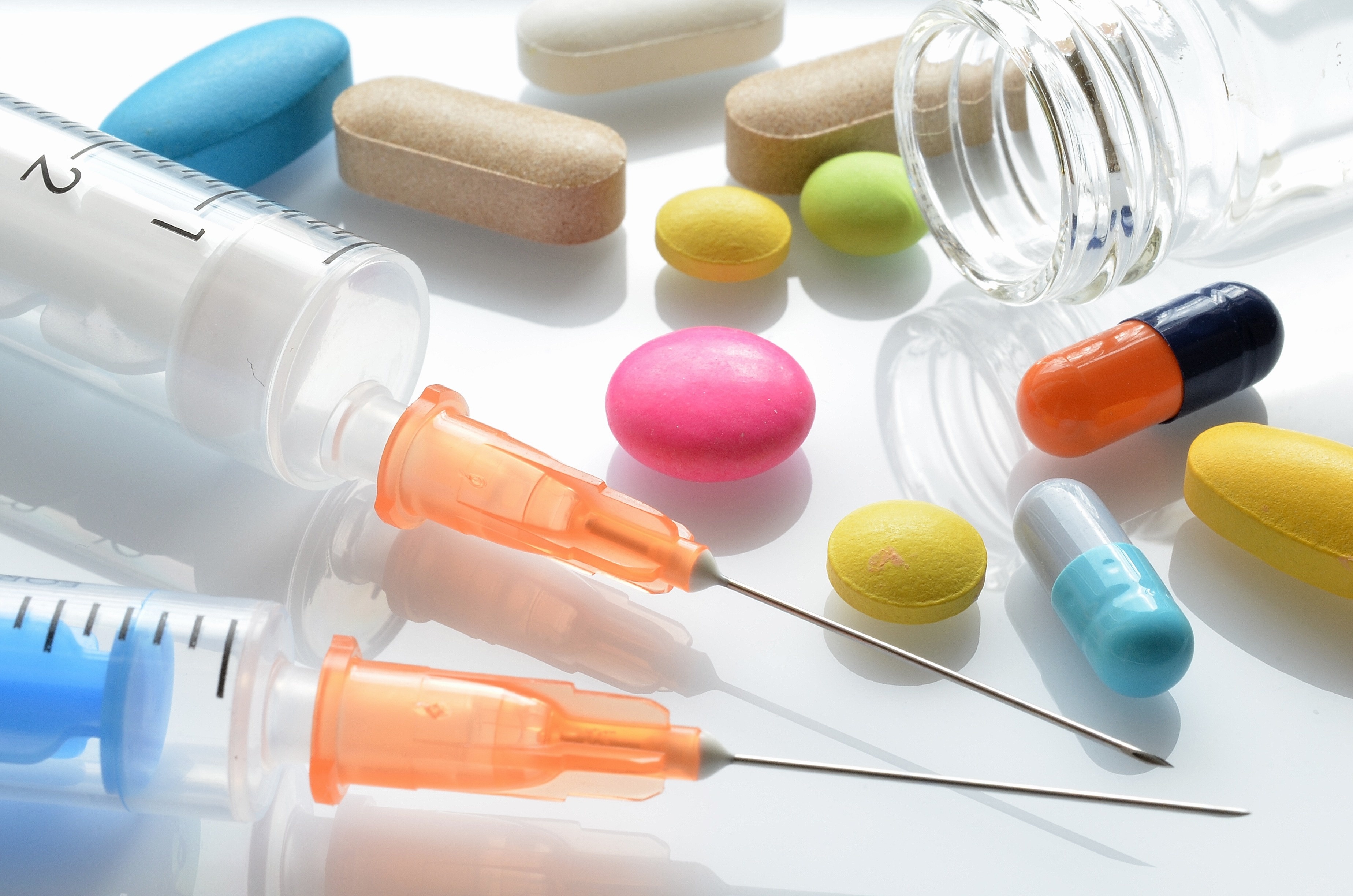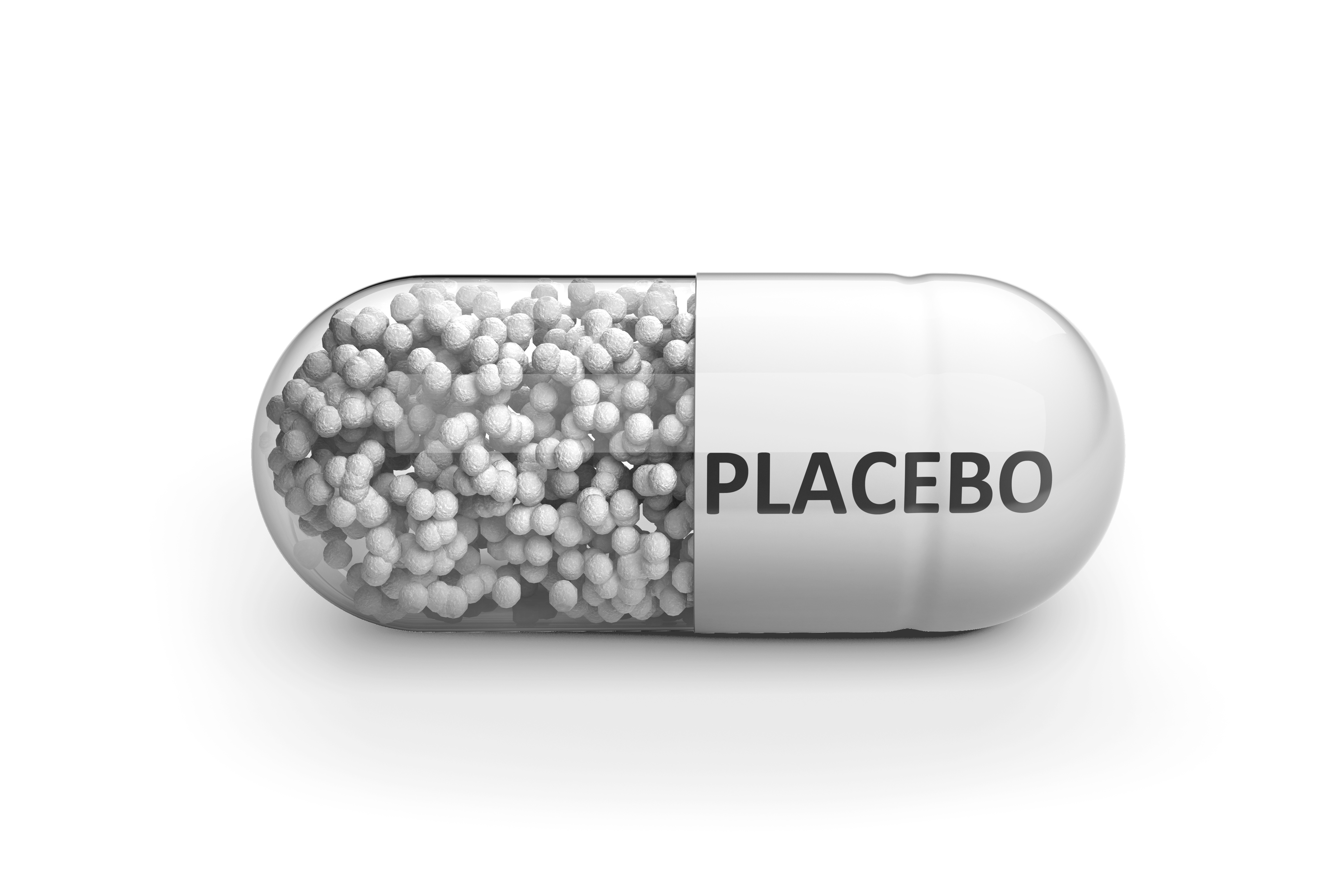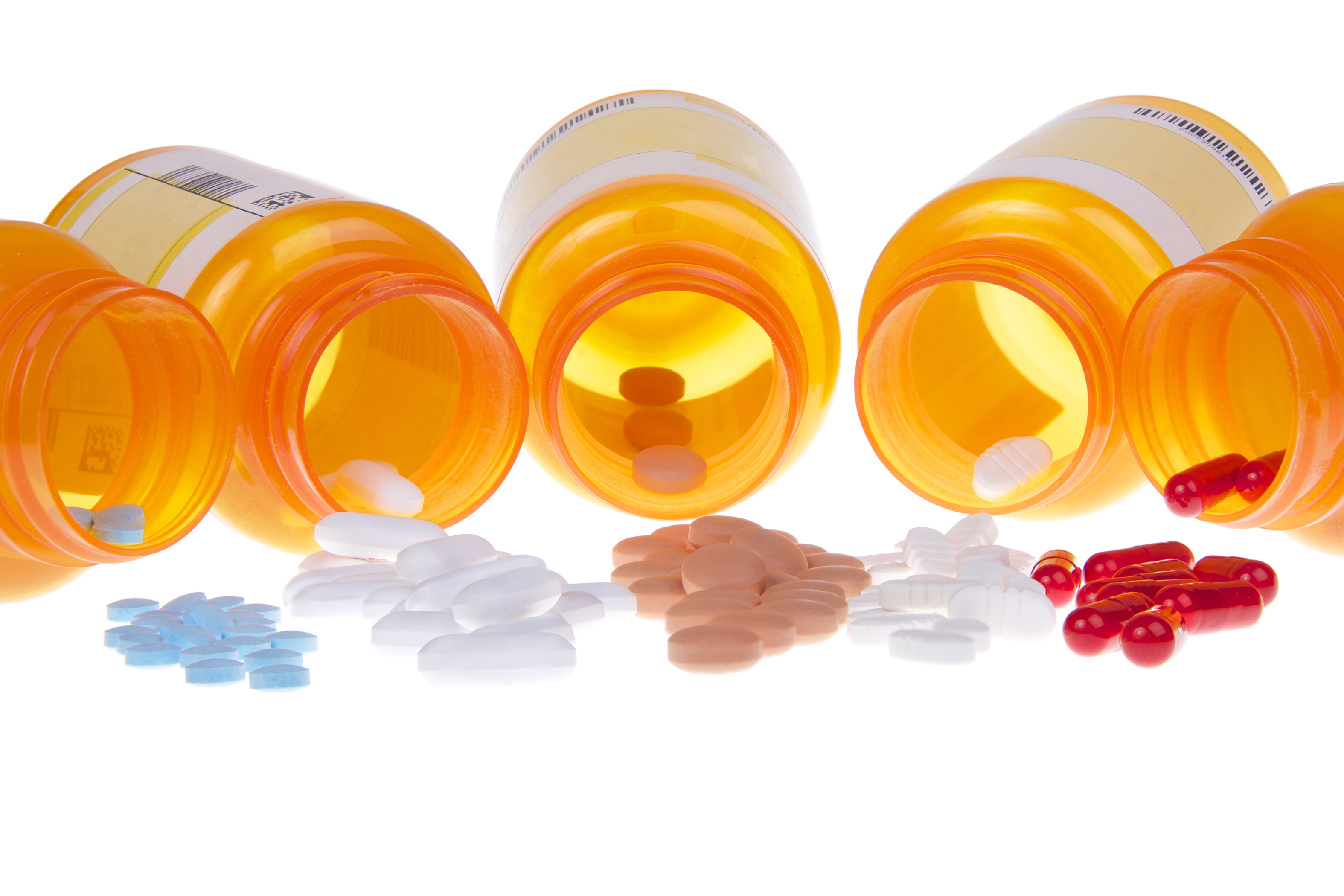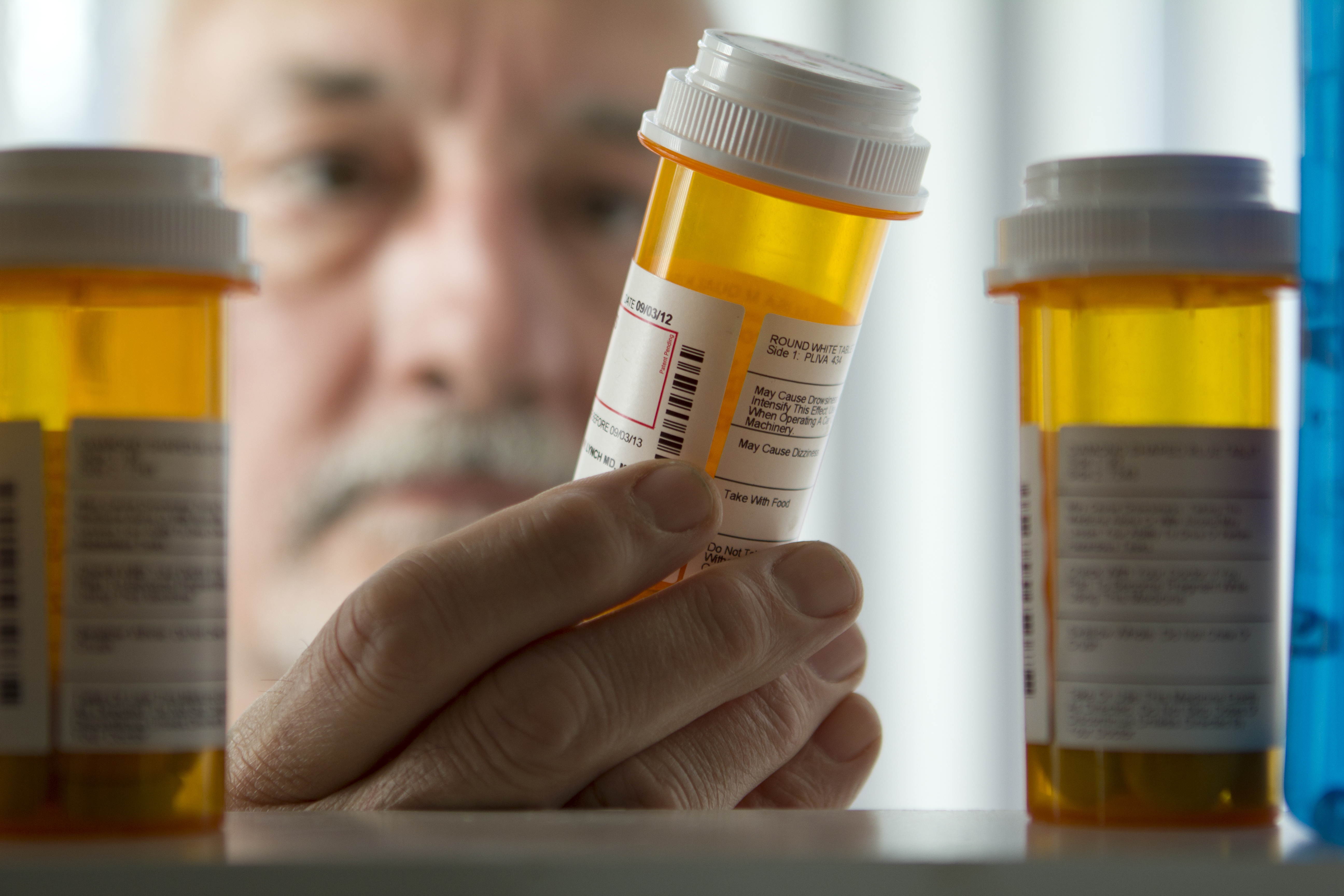Other pharmaceutical topics
Bipolar disorder medication information includes other topics such as cost of treatments, mode of administration, polypharmacy, switching medications, and placebo response. Click on the links or the tabs below to access the information, or browse the drop-down menu on the left.
Image: ©iviewfinder – stock.adobe.com

Cost
What are the cost of treatments for bipolar disorder? Bipolar disorder is one of the leading causes of disability due to having a mental illness. A range of pharmacological and psychological interventions are effective in the management and prevention of acute episodes of bipolar disorder. However, these incur considerable costs, as well as productivity losses due to time off work. This topic presents the economic cost-effectiveness of pharmaceutical treatments. What is the evidence for pharmaceutical costs? Low quality evidence is unable to determine the cost-effectiveness of pharmaceutical treatments for bipolar disorder. November 2021 Image: ©lapas77 – Fotolia – stock.adobe.com

Mode of administration
What is mode of administration of medications for bipolar disorder? Mode of administration with reference to bipolar disorder usually refers to oral or injection administration. Studies have shown that people with bipolar disorder can relapse due to lack of adherence to prescribed medications. Long-acting injectable medications are a treatment option for those who are not adhering to, or do not remember to take, their prescribed oral preparations. This topic assesses whether injectable medications are more effective than placebo or oral preparations for treating symptoms of bipolar disorder. What is the evidence for mode of administration for people with bipolar disorder?…

Placebo response
What is placebo response? The placebo effect involves showing a response to non-active formulas in clinical trials. Non-active formulas are used as a control condition to establish whether the active formulas are more effective for symptoms than what would normally be observed simply due to expectations that the medications are effective. The medication being tested should result in greater improvements in symptoms than placebo if their active ingredients are doing what they are meant to do. The placebo response can include both improvements in symptoms as well as adverse reactions that have been associated with the medication being tested. What…

Polypharmacy
What is polypharmacy for bipolar disorder? Polypharmacy is combined pharmaceutical treatment that is used for patients who are unresponsive or partially responsive to single therapies. What is the evidence for polypharmacy? Moderate quality evidence finds fewer relapses with any combination therapy than with any monotherapy or placebo. The following combination therapies reduced overall relapse rates more than placebo for over 6 months (in descending order of effectiveness); aripiprazole + valproate, lithium + oxcarbazepine, lithium + valproate, and aripiprazole + lamotrigine. Moderate to high quality evidence finds greater improvement in depression symptoms with combined olanzapine + fluoxetine therapy than with placebo,…

Switching medications
Why switch medications for bipolar disorder? Achieving an optimum pharmacological response may require switching medications. Reasons for switching include individual differences in response, sensitivity to side effects, and peculiarities of bipolar disorder such as changes in mood over time. What is the evidence for switching medications? Moderate to low quality evidence suggests switching to lithium from quetiapine due to having had an affective event resulted in less time to recurrence of a mood episode (particularly depression) compared to patients who stayed on quetiapine. Switching to oral olanzapine from risperidone long-acting injections found time to recurrence of any mood episode was…
Green - Topic summary is available.
Orange - Topic summary is being compiled.
Red - Topic summary has no current systematic review available.
